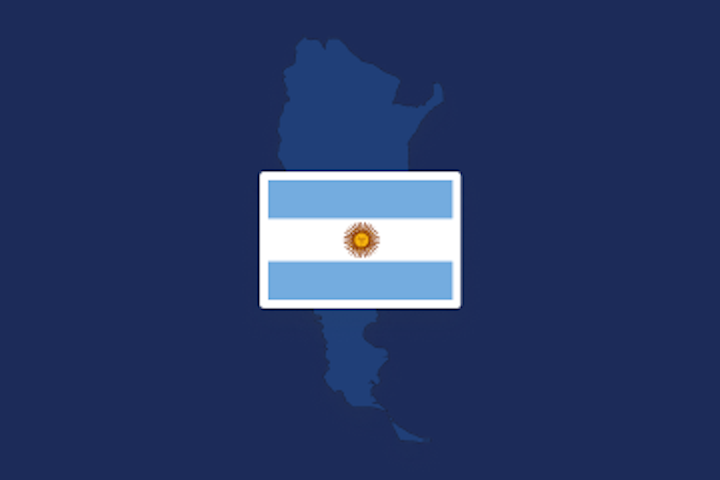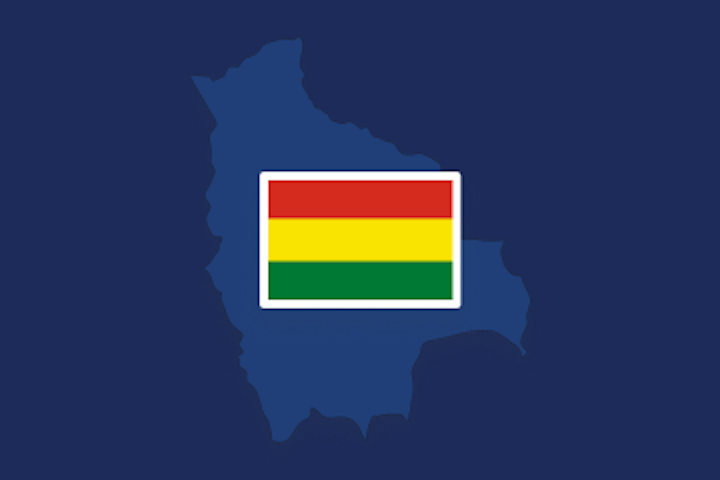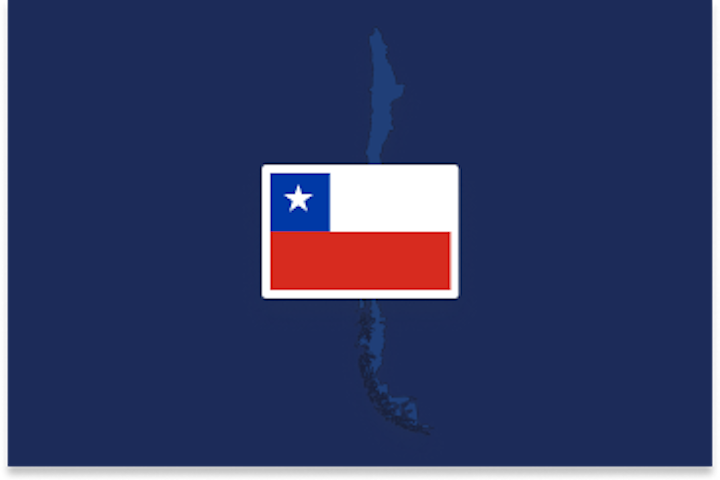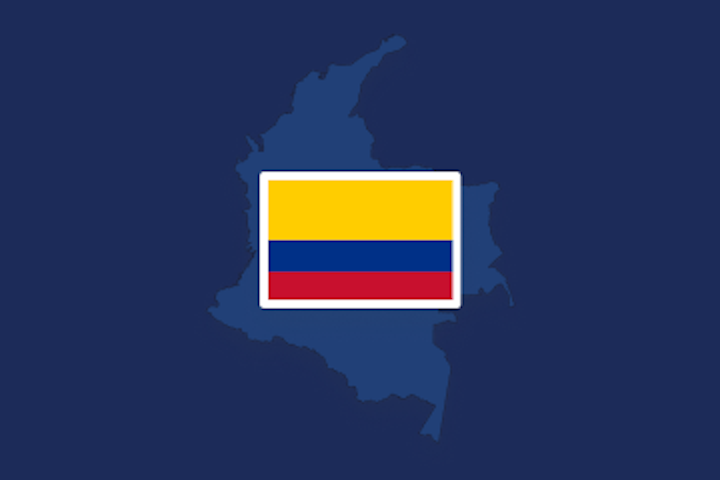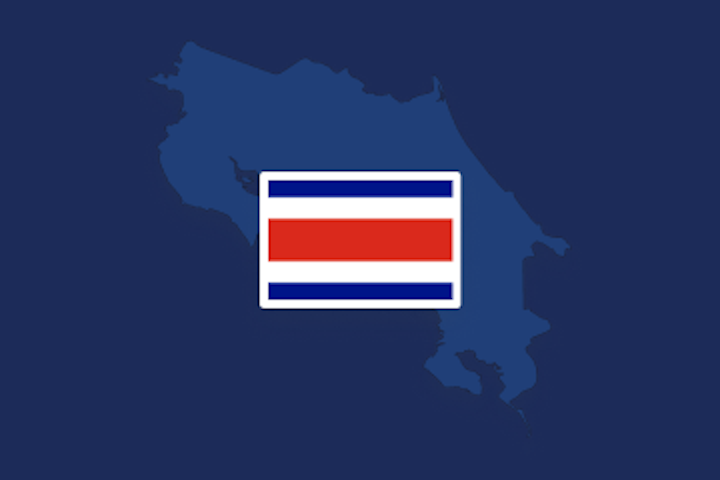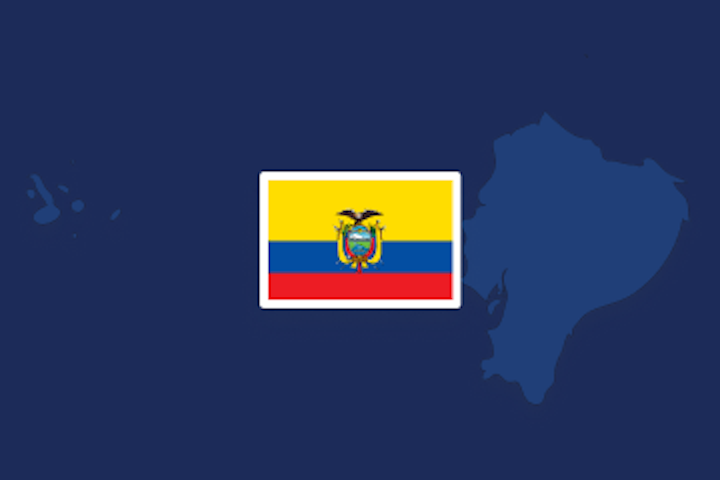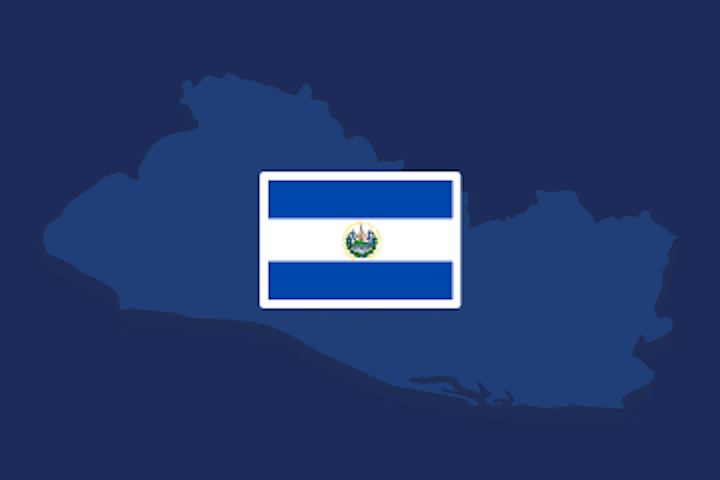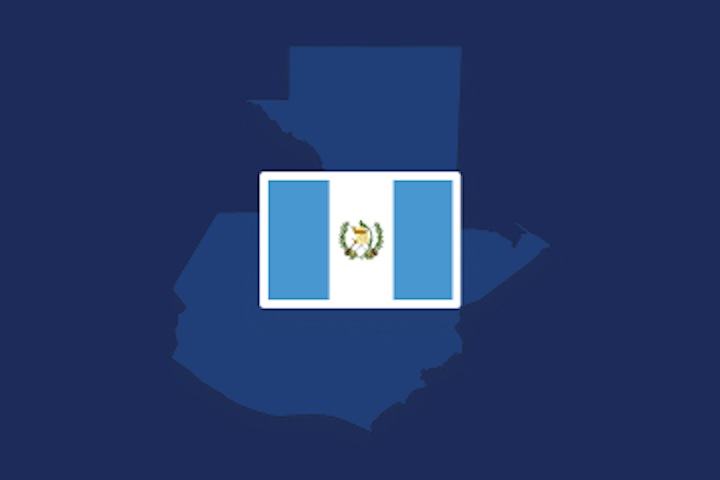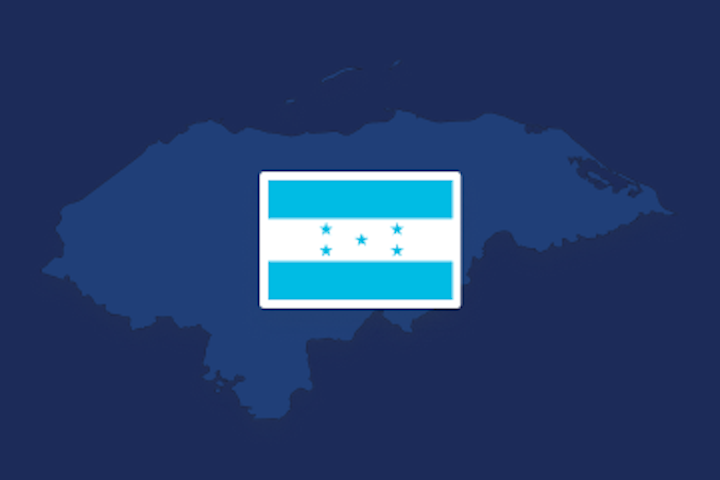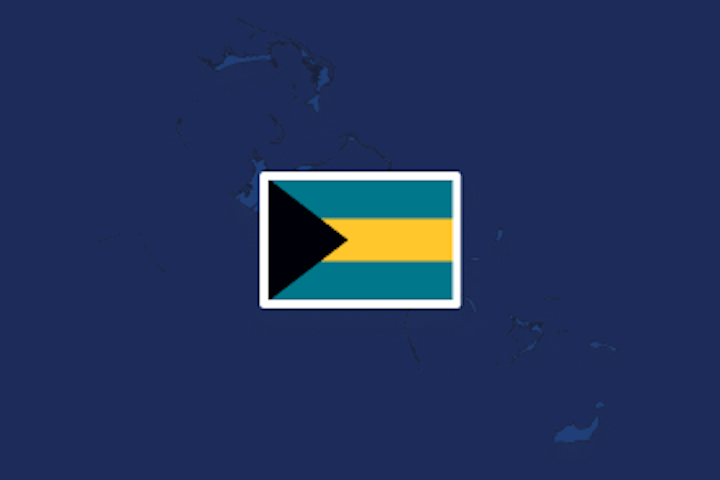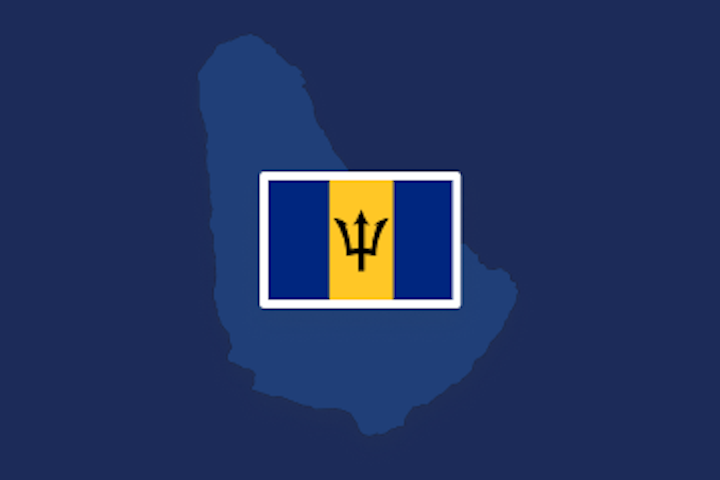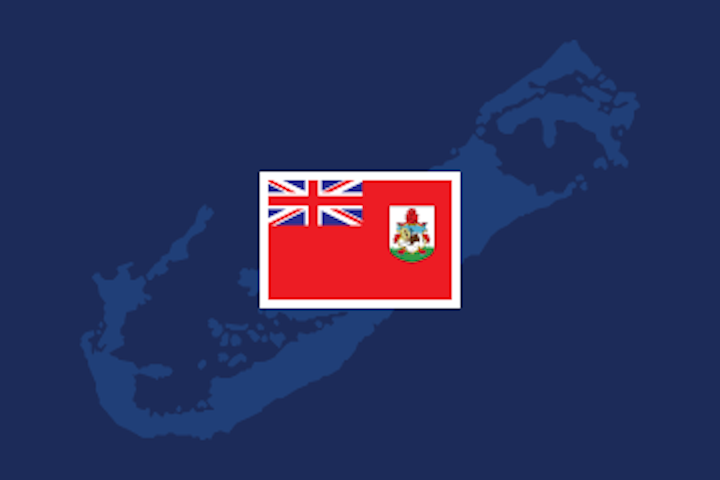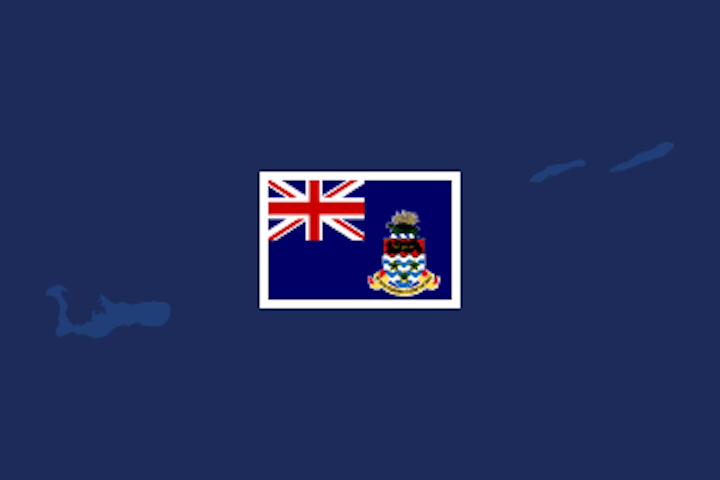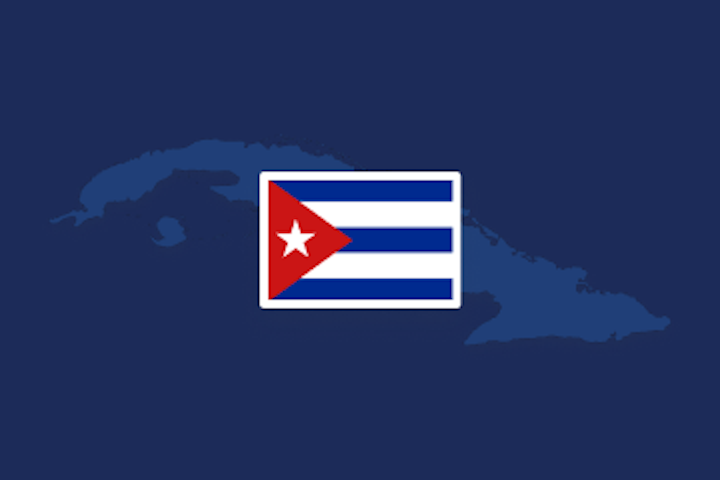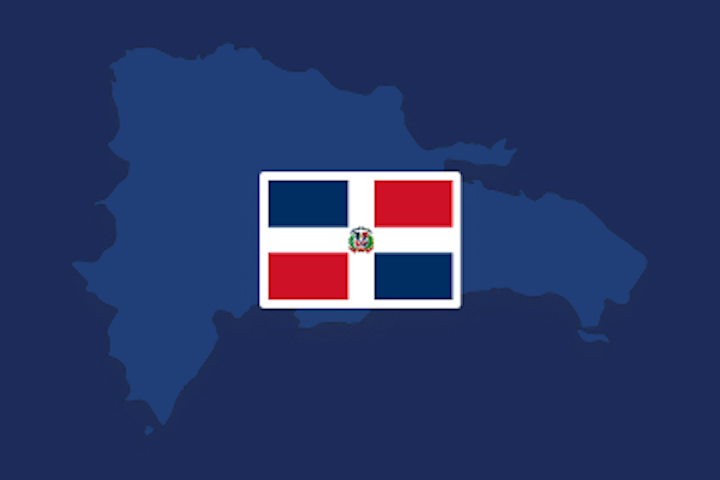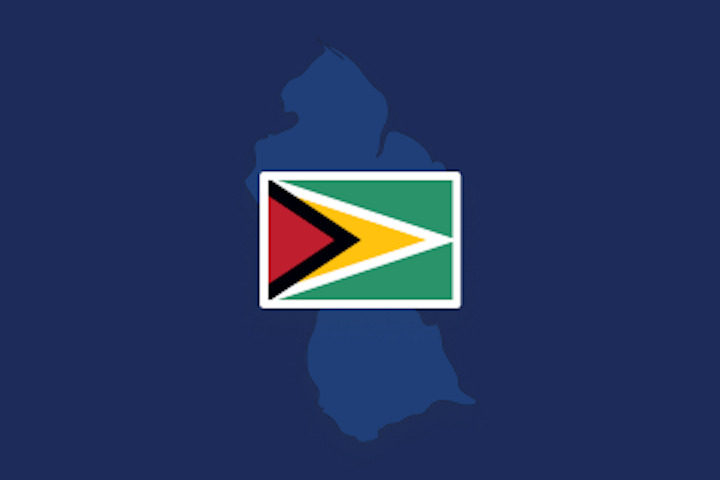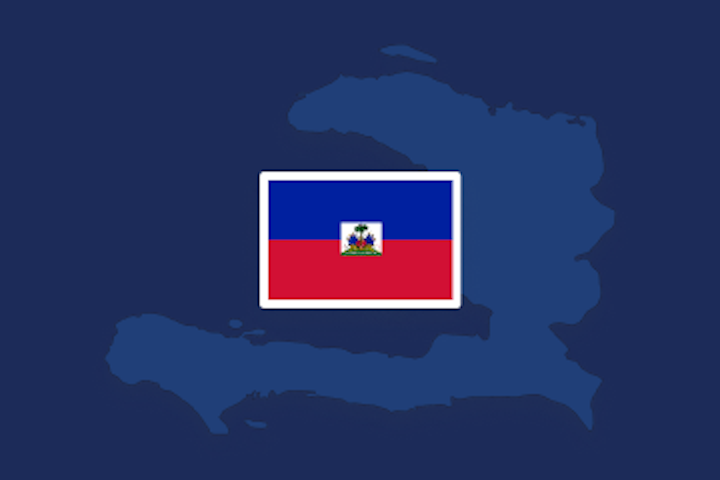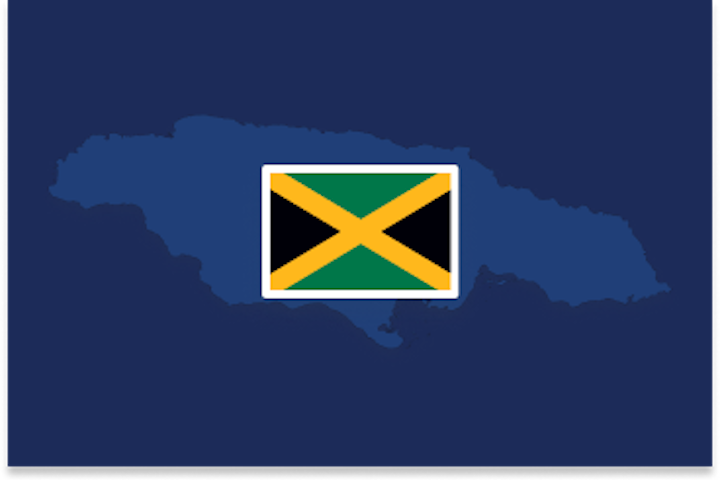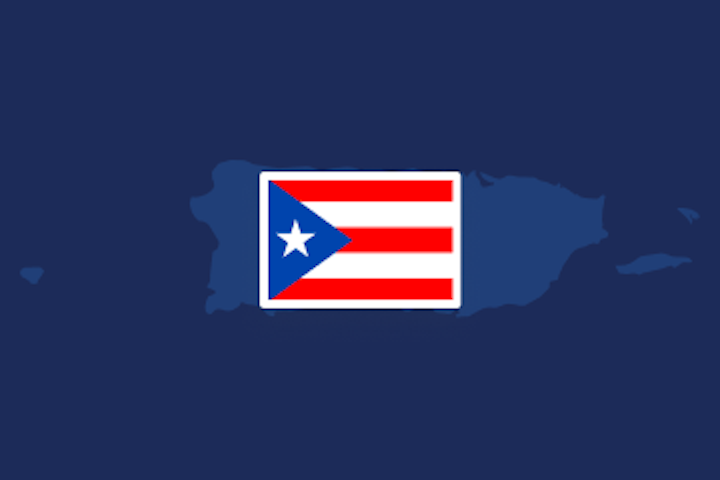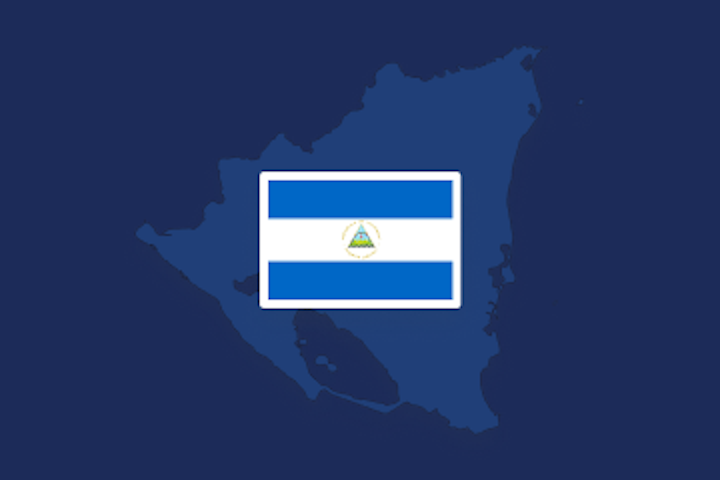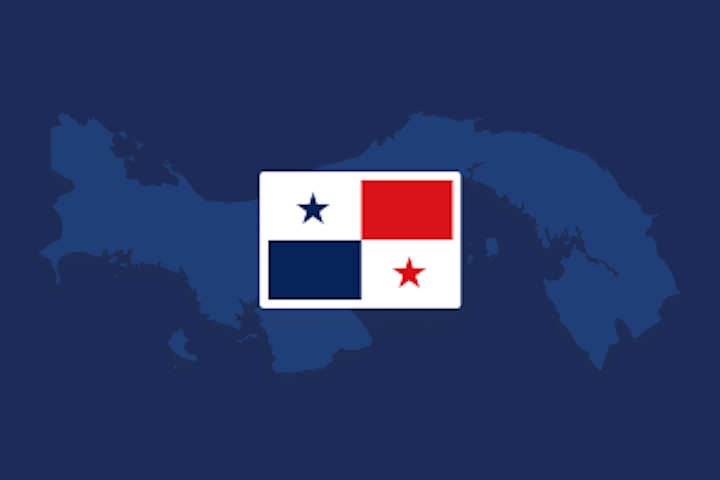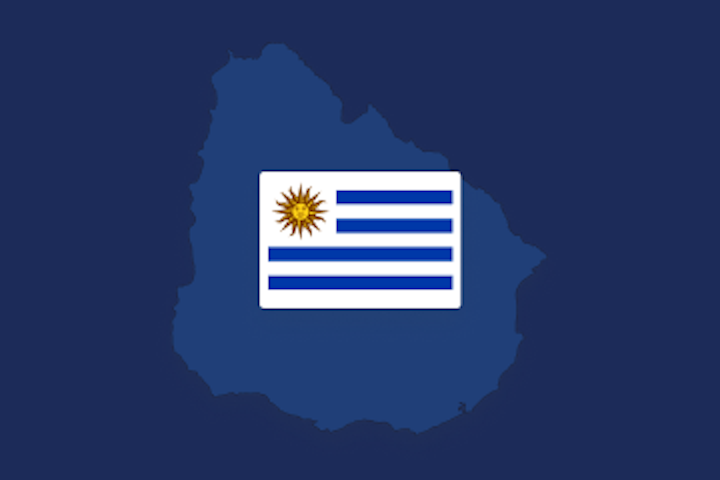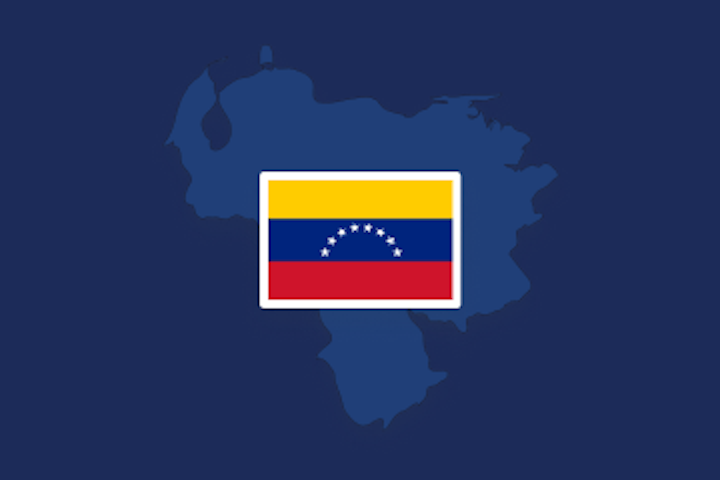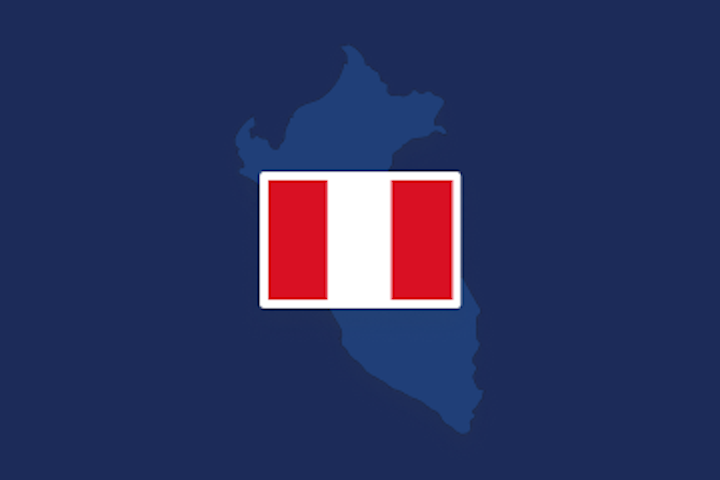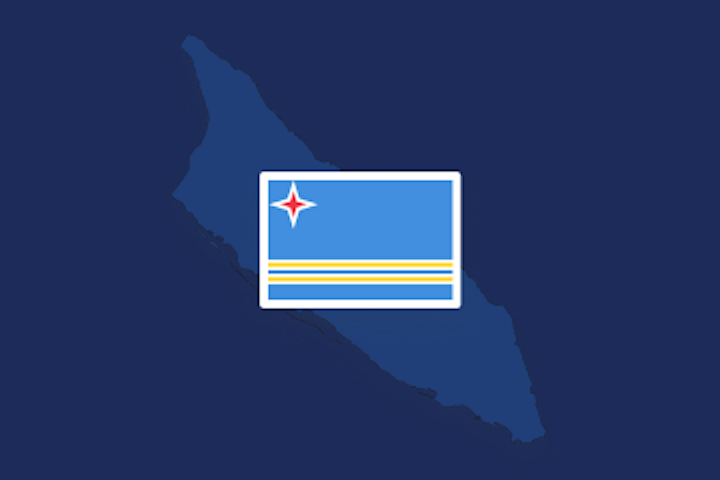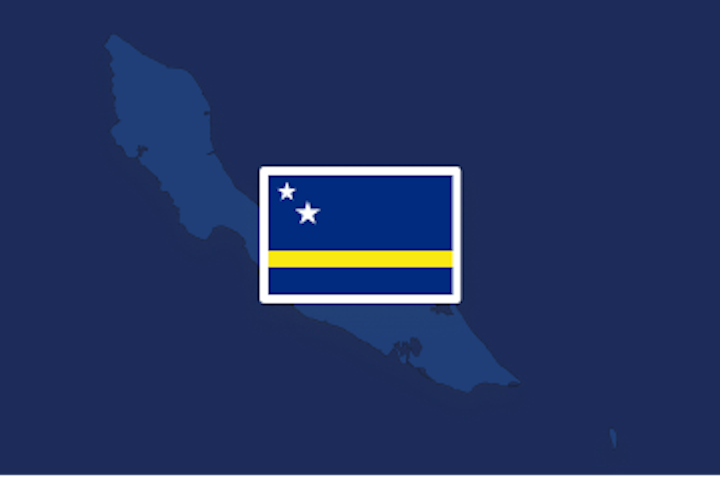According to the estimates of Wisevoter.com, Suriname was home to roughly 200 Jews as of 2020. One of the oldest Jewish communities in the Americas, Surinamese Jewry has long standing and deep historical ties to the development of the country. The Jewish community in Suriname is represented by the Kerkeraad der Nederlands Portugees Israelitische Gemeente (the Suriname Jewish Community) – the Surinamese affiliate of the World Jewish Congress.
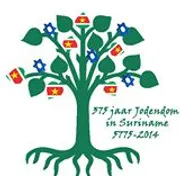
Telephone: +597 – 472817
Email: isrgem@sr.net
Website: http://www.surinamejewishcommunity.com/
Membership Coordinator: Jacob Steinberg
Jews of Spanish and Portuguese descent who had fled to Holland during the Inquisition arrived in Suriname in the early part of the 17th century. Offered the opportunity by the Dutch government to emigrate to Brazil free of charge, these Sephardic Jews arrived in South America via Northern Brazil, near Recife, and eventually settled near the old Surinamese capital of Thorarica in the 1630s. Many of these Jews had been involved in the sugar cane industry in Recife, and began establishing several sugar plantations soon after arriving in Suriname.
In 1652, Ashkenazi Jews from England arrived in Suriname along with the English Governor-General of the West Indies, Lord Francis Willoughby, who colonized the country for England. They settled near the Cassipora creek and were later joined in 1664 by Jewish settlers from Cayenne (modern-day French Guyana) who came to Suriname after the French took the territory from the Dutch. These Jewish arrivals were experienced in trade and agricultural, and like the Jews in Thorarica, also established sugar plantations.
The British viewed the Jewish contribution to the development of Suriname as vital and issued a “Grant of Privileges” to Jews in the colony, giving them full equality, complete religious freedom, and the ability to exercise their own autonomy within their community. When control of Suriname passed over from the English to the Dutch in 1667, these privileges were left untouched. Shortly after, the Dutch colonial government granted the Jewish community the right to establish a colony down the Suriname River that became known as Jodensavanne (Jewish Savanna). Jews living in Thorarica and Cassipora moved to Jodensavanne and soon the colony flourished due to their agricultural prowess. They owned numerous plantations and slaves, and Jodensavanne became the economic pillar of all of Suriname.
By the beginning of the 19th century, the Jewish community in Jodensavanne was impacted negatively by several developments, including the capture of Jodensavanne and extortion by French Admiral Cassard, a decrease in the value of sugar cane, the depletion of soil, and the development of a new capital in Paramaribo. As a result, a number of Jewish plantations went under and the majority of Jews in Suriname moved to Paramaribo. In 1825, the Dutch abruptly ended the special privilege of autonomy granted to the Surinamese Jewish community as they had the same rights as everyone else under the Dutch crown.
Throughout the 19th century, the Ashkenazi community experienced increases in population, and by 1836, it was larger than the Sephardic community. Despite this, the entire Surinamese Jewish community experienced a decline in population size. This continued through the turn of the century and by the interwar years, the entire Jewish population in Suriname lived in Paramaribo.
By the end of World War II, the community had declined to about 500 people. In 1975, Suriname was granted independence from the Netherlands, and almost 35% of the entire Surinamese population, including a large number of Jews, left the new country, fearing economic collapse. A further decrease in population size occurred with the eruption of violence in the late 1980s, as many Surinamese Jews left the country, fleeing a brutal civil war. As a result of dwindling numbers, the Sephardic and Ashkenazi Jewish communities merged.
Today, the Surinamese Jewish community is quite small, but enjoys a peaceful co-existence among its fellow non-Jewish neighbors. Reflective of this, the community’s synagogue is next-door neighbors with a mosque.
During World War II, some Jewish refugees from Holland and central Europe temporarily settled in Suriname. Overall, 102 Surinamese Jews, who were in Europe at the outbreak of the war, were murdered in the Holocaust.
Hebrew University demographer Sergio DellaPergola estimated that there were between 200 and 600 Jews in the country as of 2000. Almost all Surinamese Jews live in Paramaribo, the capital city.
Jewish life in Suriname is entirely centered in Paramaribo, where the communal representative organization, the Kerkeraad der Nederlands Portugees Israelitische Gemeente works to ensure that Surinamese Jews are able to practice Jewish religious and cultural life. Due to some difficulties incurred by the small Jewish population in the country, the Surinamese Jewish community has received help from private contributors.
The Neve Shalom Synagogue in Paramaribo is the only operating synagogue in the country and is considered “liberal.” There has not been a permanent rabbi in over 40 years, but the community does have a cantor that helps lead services.
The Jewish community publishes a community newspaper, Sim Shalom, in Dutch.
There are a number of notable Jewish sites in Suriname, including the Neve Shalom Synagogue and the Bracha v’Shalom Synagogue, the latter of which is the oldest synagogue in the country and can be found in the former colony of Jodensavanne. Additionally, the former Sephardic synagogue, Zedek v’Shalom has been leased to the Israel Museum in Jerusalem and now forms the centerpiece of their collection of synagogues from around the world. There is a Jewish heritage tour available and there are old Jewish cemeteries in Cassipora and Jodensavanne.
Suriname and Israel enjoy full diplomatic relations, with Israel represented by its ambassador in Caracas, Venezuela, and an honorary consulate in Paramaribo.
Honorary Consulate of Israel in Suriname
Klipstenenstraat 2-10 boven
Paramaribo
Suriname
Telephone: (+597) 471 313, (+597) 411 998
Fax: (+597) 471 154

